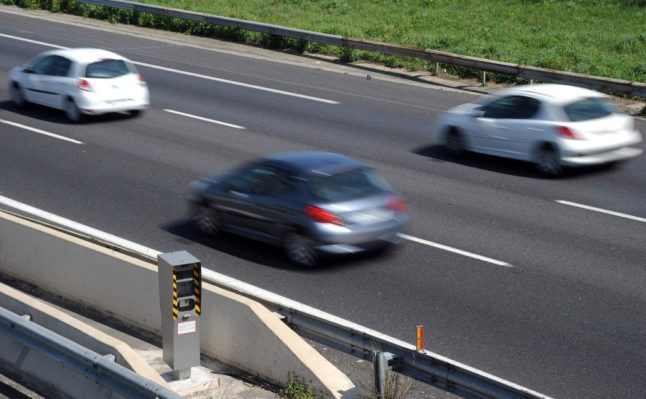Increase in limit for “contactless” card payments
France is rolling out “paiement sans contact” transactions that will work up to €30 – up from the current €20.
In other words, you won’t need to enter your PIN code for payments under €30 – just hold your card against the reader and wait for the beep.
These changes will be made gradually and will only be available for those with new bank cards.
All Airbnb listings must be declared to the Town Hall
If you’re renting out your house or apartment on home-sharing app Airbnb then you need to register it with your local town hall. From October 1st onwards, all hosts will need a registration number for their Airbnb home.
The move is the Town Hall’s attempt to stop people who own multiple apartments from making an undeclared living off tourists (and making life harder for hotel owners and house hunters).

Reductions in government payouts for student housing
Students in France who get housing benefits (APL) will see €5 less in their bank accounts each month. This is expected to affect around 800,000 students.
President Emmanuel Macron has asked landlords to charge students €5 less per month for their rent – so students hopefully won’t notice the difference.
New fines for vaping (in certain areas)
You will face getting slapped with a €150 fine if you’re caught using e-cigarettes in any of the areas where they’re banned. These include: in schools, inside public transport vehicles, and open workplaces.
These areas are also obliged to put up “no vaping” signs, or the proprietors risk a fine of €450.
Unemployment insurance
It will be easier to get unemployment insurance from October 1st, with workers only needing to have clocked up 88 days of work, rather than the previous total of 122.
Gas prices to increase by 1.2 percent
Customers of provider Engie will notice a slight hike in their gas prices compared to September. It marks the first increase in gas prices since March this year.
Transparency on ‘retouched’ photos of supermodels
From October 1st and onwards, any photographs of models that have been edited will need to be labelled accordingly before being published in the press, on posters, or in adverts.
The Ministry of Health hopes the transparency will help battle eating disorders among young women and teenagers. This comes after the French government ruled in May that models must have a medical certificate proving they are not overly thin and in good health.
p.p1 {margin: 0.0px 0.0px 0.0px 0.0px; font: 12.0px ‘Helvetica Neue’; color: #454545} p.p2 {margin: 0.0px 0.0px 0.0px 0.0px; font: 12.0px ‘Helvetica Neue’; color: #454545; min-height: 14.0px}


 Please whitelist us to continue reading.
Please whitelist us to continue reading.